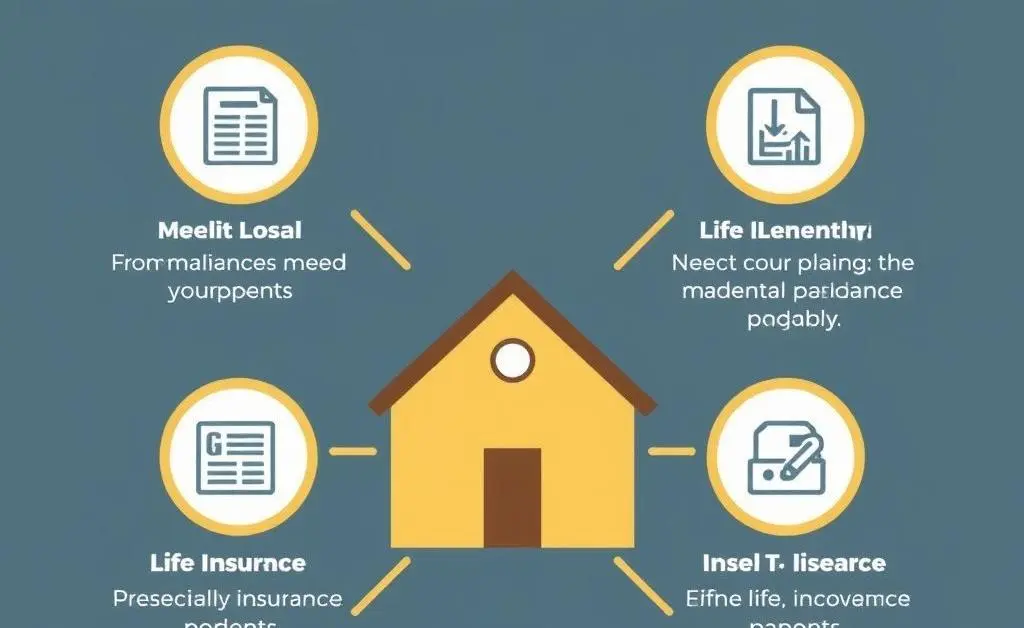Understanding Irrevocable Life Insurance Trusts: Your Guide to Smart Estate Planning
Explore the benefits of irrevocable life insurance trusts for a secure financial future.

Hey there, friend! Let's dive into a topic that might just save you (and your loved ones) a fair bit of stress down the road: irrevocable life insurance trusts. A mouthful, I know, but stick with me. These trusts can be a powerful tool for anyone serious about estate planning.
What is an Irrevocable Life Insurance Trust?
Imagine a financial tool that can keep your estate taxes low while ensuring your insurance proceeds benefit your loved ones as intended. That's exactly what an irrevocable life insurance trust (ILIT) does. By placing your life insurance policy in a trust you no longer own, but control indirectly through a trustee, you nip several potential issues in the bud.

Why Consider an ILIT?
So you might be asking, "Why on earth would I want to set up one of these trusts?" Here are a few great reasons:
- Minimizing Estate Taxes: By removing the policy from your taxable estate, your beneficiaries might owe significantly less in taxes.
- Control Over Proceeds: You're able to specify exactly how and when the insurance proceeds are distributed, which is perfect if your beneficiaries are young or require financial discipline.
- Asset Protection: The trust safeguards the policy from creditors or legal judgments.
Setting Up Your ILIT
While setting up an ILIT can seem daunting, a savvy estate lawyer and a bit of patience is all you need. Remember, this is irrevocable—as in, you can't change it later. So you'll definitely want to dot every 'i' and cross every 't'.

The Process at a Glance:
- Hire a Qualified Estate Planning Attorney: They'll guide you through the legal maze.
- Choose Your Trustee: Decide who will manage the trust—common choices are family members or a professional trustee.
- Transfer Your Policy: Move the ownership of your life insurance policy to the trust.
- Keep the Trust Funded: Ensure the premiums continue to be paid to keep the policy active.
Potential Drawbacks to Consider
No tool is perfect, and ILITs have their caveats. Chief among these is the loss of flexibility. Once the trust is set, it’s quite literally set in stone. Furthermore, the setup and maintenance can be costly—though often worth it for those in higher tax brackets.
A Few Words of Caution
There's something sobering about signing away ownership of a significant asset. Being prepared for this feeling and the permanency it entails is crucial. As with any significant financial decision, ensure you're fully informed and aligned with your goals.

Final Thoughts
Ultimately, an irrevocable life insurance trust is about peace of mind. It's a step many take to ensure their family's financial stability. By understanding and setting one up properly, you can leave a lasting, positive impact.
Have you considered an ILIT for your estate plan? What are some of the factors you're weighing in your decision? Let's chat about it in the comments!




